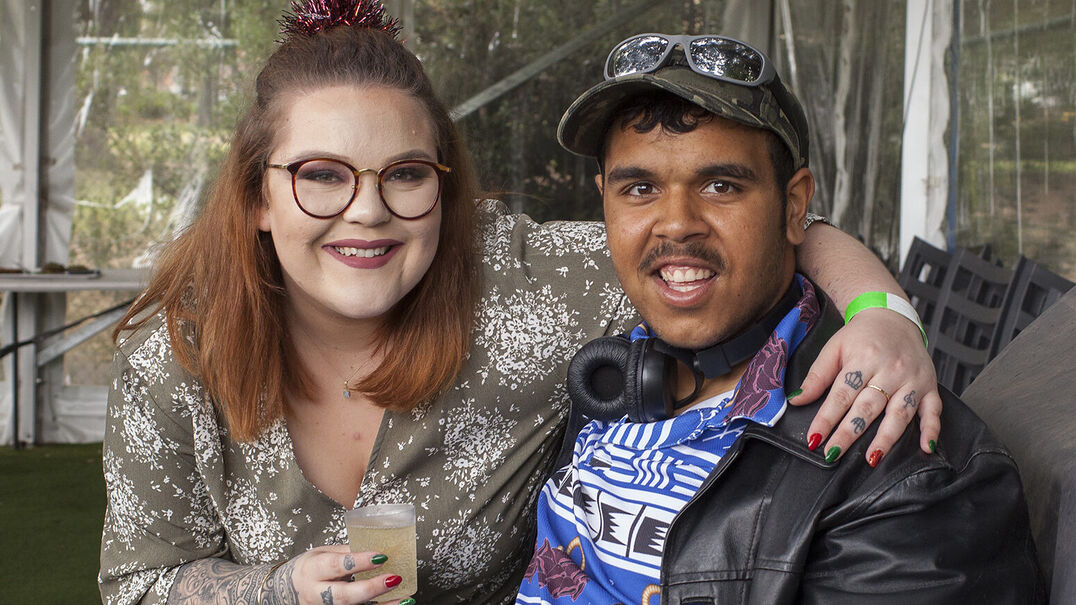Starting a shift with a new client can be like a job interview - nerve wracking to say the least.
Will they like me? Are we going to be able to communicate? Can I do the required tasks? And, perhaps most importantly, will we click personality-wise?
For me, excitement and nervousness mixed with a rush of adrenaline tend to be the norm.
But I have found that there are ways to help make the introduction and first shift go a little bit more smoothly for both you and your client.
- Prepare: During the COVID-19 pandemic, support workers have sometimes had to jump in and fill a shift at short notice. However, it’s helpful before starting if you can:
- Find out what a regular shift looks like for your client. Run through any safety issues and expected tasks.
- Learn more about your client, not just their disability. Discover their personality including likes and dislikes. If someone enjoys arts and crafts, google a few things, so you can talk about it. If it’s 80s music, consider a playlist.
- Know their communication style. Can someone respond to you? Or maybe they struggle to respond but can understand everything you say.
- Be respectful: You’ll often be working in a client’s home, so this is very important. Don’t just walk around, instead ask if you can show yourself around. And if you’re not sure about something, don’t be afraid to ask questions. Often it’s the time in between tasks that can feel a bit awkward. I like to ask: “Please let me know if there is a list of things you like done on shift” or “Are you OK with me using my initiative or would you prefer to direct what things you’d like done?”
- Build rapport: Prepare a few questions if you scramble to find words when you meet someone for the first time. And be aware of your surroundings. Sometimes small things such as a collection of coasters or a dominant colour might tell you a lot about your client’s personality and spark a conversation.
- Attitude: If you don’t want to be there your client will know. It’s important you come to work with an open mind and be willing to adjust to someone’s needs. Everybody relates differently. A co-worker may not have hit it off with a client but you might find yourself laughing all through your shift with them!
- Expect the unexpected: It can be hard to predict what’s around the corner so you have to be adaptable. I recently had a shift where I thought I was going to get to know someone. Instead, I arrived just after an ambulance had been called and ended up supporting a client through quite a traumatic experience as they were struggling to breathe.
- Don't give up: We work in a sector where sometimes people have underlying mental health issues and trauma. It can take some clients a long time to be themselves and for you to actually get to know them as a person. So, my advice would be to stick it out. Don’t just do one shift and say this isn't for me. Keep going and you might be surprised by who you get to know and what you learn.
- Ally Brown is InLife’s Creative Client Planning Lead. Passionate about disability support work, Ally has experience across group support, capacity building and independent living.



